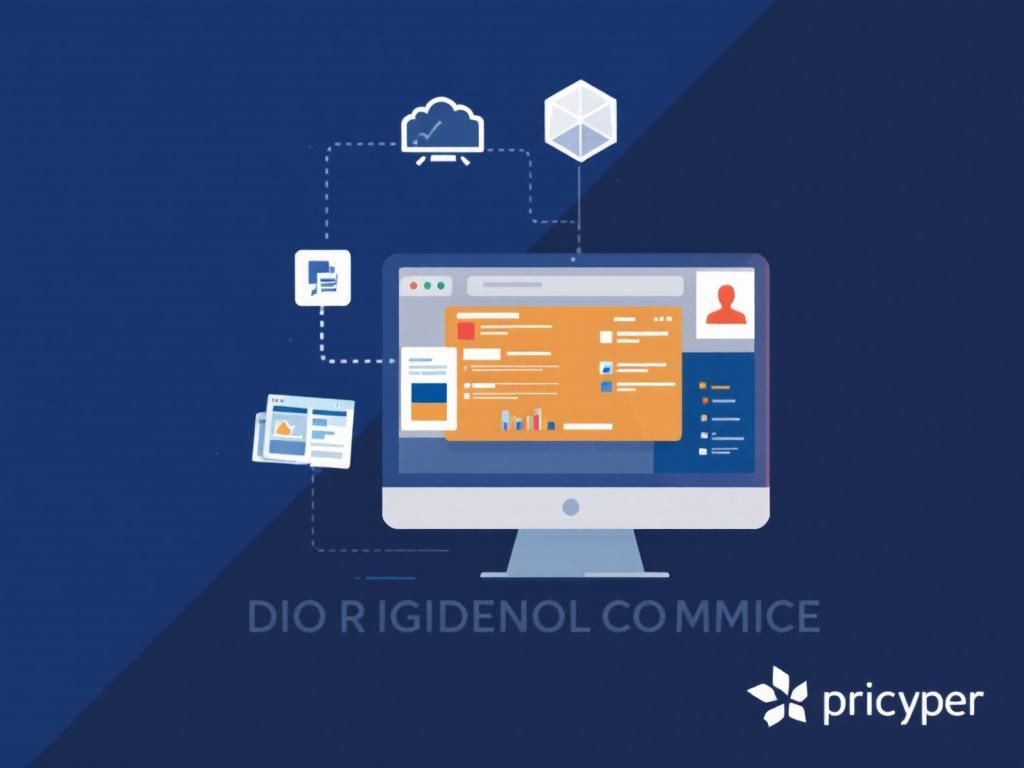Boost Your Remote Team with Helpdesk Outsourcing
Discover how helpdesk outsourcing can enhance your remote team’s efficiency and productivity. Unlock the benefits today!

In today’s fast-paced digital landscape, businesses are increasingly relying on remote teams to drive productivity and innovation. However, managing a remote workforce presents unique challenges, particularly when it comes to providing support and ensuring effective communication. One strategy that has gained traction among tech-savvy companies is helpdesk outsourcing. By leveraging external expertise, organizations can enhance their support systems while allowing internal teams to focus on core objectives. This article delves into the benefits, best practices, and key considerations for effectively implementing helpdesk outsourcing for your remote team.
Table of Contents
Understanding Helpdesk Outsourcing
Helpdesk outsourcing refers to the practice of delegating customer support and technical assistance functions to third-party service providers. This approach can encompass various services, including:
- Technical support
- Customer service inquiries
- Incident management
- Service request fulfillment
- Onboarding new users
By outsourcing these functions, companies can leverage specialized knowledge, improve service efficiency, and reduce operational costs. Furthermore, the global nature of helpdesk outsourcing offers the advantage of round-the-clock support.
Benefits of Helpdesk Outsourcing
1. Cost-Effectiveness
One of the most compelling reasons to consider helpdesk outsourcing is the potential for cost savings. By working with external providers, companies can:
- Avoid the overhead costs associated with hiring and training in-house teams.
- Benefit from flexible pricing models tailored to their specific needs.
- Optimize operational budgets by only paying for the services utilized.
2. Access to Expertise
Outsourcing helpdesk services allows organizations to tap into a pool of experienced professionals who are well-versed in the latest technologies and customer service practices. Some benefits include:
- Access to industry-specific knowledge.
- Continuous training and development of outsourced staff.
- Utilization of advanced tools and technologies that may not be feasible for in-house teams.
3. Scalability
As businesses grow and evolve, their support needs often change. Helpdesk outsourcing provides the flexibility to scale services up or down based on demand. Advantages include:
- Immediate access to additional resources during peak times.
- Ability to test new services without significant investment.
- Efficient handling of fluctuating support requests.
Best Practices for Helpdesk Outsourcing
1. Define Clear Objectives
Before engaging with an outsourcing partner, it is crucial to establish clear objectives and expectations. This includes:
- Identifying specific services to be outsourced.
- Setting performance metrics and key performance indicators (KPIs).
- Establishing communication protocols and reporting structures.
2. Choose the Right Partner
The success of helpdesk outsourcing hinges on selecting a reliable and competent partner. Consider the following factors during the selection process:
| Criteria | Considerations |
|---|---|
| Experience | How long has the provider been in business? Do they have experience in your industry? |
| Reputation | Check reviews, case studies, and client testimonials to gauge reliability. |
| Technology | What tools and platforms does the provider utilize for support? |
| Scalability | Can the provider easily scale their services to meet your growing needs? |
3. Maintain Open Communication
Effective communication is vital for the success of an outsourced helpdesk. Steps to ensure smooth communication include:
- Scheduling regular check-ins and progress updates.
- Utilizing collaboration tools to keep all parties informed.
- Encouraging feedback from both customers and staff.
Challenges of Helpdesk Outsourcing
1. Cultural Differences
When outsourcing to providers in different geographical locations, cultural differences can impact communication and service delivery. To mitigate this risk:
- Provide cultural training to helpdesk staff.
- Be aware of language barriers and ensure fluency in communication.
- Encourage understanding of regional customer behavior and preferences.
2. Loss of Control
Outsourcing can lead to a perceived loss of control over customer interactions. To maintain oversight:
- Implement strict guidelines for service delivery and customer handling.
- Monitor performance closely against established KPIs.
- Conduct regular audits of outsourced services.
The Future of Helpdesk Outsourcing
As technology continues to evolve, the landscape of helpdesk outsourcing is also changing. Key trends to watch include:
- Increased use of automation and AI to enhance service quality.
- Growth of self-service options for customers to resolve issues independently.
- Integration of advanced analytics to drive decision-making and improve service delivery.
Conclusion
Helpdesk outsourcing offers a compelling opportunity for companies looking to enhance their remote support capabilities. By focusing on cost-effectiveness, access to expertise, and scalability, businesses can create a more robust and efficient support system. However, careful planning, partner selection, and communication are crucial to mitigating challenges and ensuring the success of outsourced helpdesk services. As the industry continues to evolve, organizations that embrace these innovations will position themselves for sustained growth and improved customer satisfaction.
FAQ
What is helpdesk outsourcing?
Helpdesk outsourcing involves delegating customer support services to an external provider, allowing businesses to focus on core operations while ensuring quality support for their customers.
How can helpdesk outsourcing benefit remote teams?
Outsourcing helpdesk services can enhance remote teams by providing 24/7 support, reducing response times, and improving customer satisfaction, which ultimately leads to increased productivity.
What should I look for in a helpdesk outsourcing partner?
When choosing a helpdesk outsourcing partner, consider factors such as experience, technology used, response times, customer reviews, and the ability to scale services according to your needs.
Is helpdesk outsourcing cost-effective?
Yes, helpdesk outsourcing can be cost-effective as it reduces the need for in-house staff, lowers operational costs, and allows for flexible pricing models tailored to your business.
Can helpdesk outsourcing improve customer satisfaction?
Absolutely! Professional helpdesk outsourcing providers are equipped to handle customer inquiries efficiently, leading to quicker resolutions and higher levels of customer satisfaction.
How do I integrate an outsourced helpdesk with my existing team?
Integration can be achieved through effective communication, shared tools, and regular training sessions to ensure that the outsourced team aligns with your company’s culture and processes.








